


There is little to no training on how to effectively respond in the face of an emotional crisis or mental distress.
I have a friend who is a 4th grade teacher at a local public school. When I asked how her school year was going, her response shocked me. She shared that four of her young students had panic attacks this year. And that she struggles to teach basic math because she’s trying to help her students navigate their emotional distress.
Another friend of mine works on a college campus. His story is even more alarming. In one semester, the college lost ten students to mental illness. He wonders how to support those who come to him with mental health burdens.
Educators, Campus ministers, Parish/diocesan staff, Parents, Priests:
You are on the front lines of the mental health crisis.
You too have your own story of witnessing mental distress and needing the tools to confidently help people.

How many times have you:
suspected that someone is struggling but didn’t know how to identify the signs of mental distress?
wondered “What can I do?”
lacked the confidence to intervene or know the next best step?
As the mental health crisis worsens each year, those working on the front lines deserve the tools and knowledge needed to succeed.
Whatever the mental health issue – emergency or non emergency – now you can be prepared.
suicidality / homicidality
sexual violence
anxiety (generalized, panic attacks, OCD)
depression
bipolar
eating disorders
trauma
addiction (sexual, substance, gambling)
sexual identity crisis
gender dysphoria
abuse/neglect of a child or vulnerable elder
acute psychotic episode
overdose
suicide postvention
non suicidal self injury
grief
pregnancy crisis
psychosis
post traumatic stress syndrome
conduct/impulse control
CatholicPsych’s new PREPARED workshop trains participants to respond to immediate, short-term, and even long-term mental distress from an authentically Catholic perspective.
When the moment comes
(not if, but when)
you and others on the front lines of emotional distress
will be confident to respond in a loving and helpful way.
When the moment comes (not if, but when) you and others on the front lines of emotional distress will be confident to respond in a loving and helpful way.
We will teach you what you are seeing in terms of mental distress, what can be done about it in the context of your relationships with the people affected, and what the next steps are.
Instead of feeling overwhelmed, inadequate, or incapable of responding to mental distress, you too will learn to meet suffering souls where they are and help them find the healing God yearns to give.
Add Me to the Waiting List!

Hi! I’m Dr. Greg Bottaro
Hi! I’m Dr. Greg Bottaro
Our team has spent the last five years developing, refining, and implementing a new model for interpersonal accompaniment. We’ve seen the mental, spiritual, and emotional burdens of our clients alleviated in powerful ways.
People within and outside the mental health profession have seen these results and come to us asking how they can learn what we do to help people.
So, we’ve taken our best and most important principles for accompaniment and developed Prepared: Mental Health Crisis Response Training.
I’m excited to share this program with you to make what we do more accessible and help you feel equipped to walk with people in mental distress.

This Workshop Gives You:
The 3 steps to helping an individual in distress
The 6 skills of accompaniment
A crash course in Catholic Anthropology (including the 3 essential concepts for all encounters of mental distress)
Tools you need to connect, assess, and respond to emergency, sub-emergency, and non-emergency mental distress until help arrives
Confidence to identify mental distress and the skills to intervene before it escalates to an emergency
Awareness of what is and isn’t your responsibility so you can easily navigate boundaries, therapeutic frames, and appropriate self care
At the highest level, the Prepared workshop is a deep exploration of human relationships and how those relationships profoundly influence mental, emotional, and spiritual health.
This Workshop Unlocks (these are as valuable as the practical skills you’ll learn!):
How the relationships we engage in can be healing in various contexts, as we are all made, wounded, and healed through relationships
How the Mystery of the Trinity is the key to unlocking our greatest mental and spiritual health and holiness and how this Catholic secret unlocks so many of the challenges the secular world cannot figure out on its own
How our destiny for Heaven gives practical direction to everything we do in this world, even for people who don’t know they are created for Heaven
How we can believe in both Transcendent Truth and validate each person’s individual experience of truth, without having to sacrifice one for the other
How the forgotten philosophy of the great St. John Paul 2 helps us make sense of how our spirituality is related to our psychology
How to appropriately connect, assess, and respond to a multitude of mental distress experiences
The difference between emergency, sub-emergency, and non-emergency situations, and how each requires a different response
How to know your boundaries, and what you are responsible for and what you are not responsible for
The proper understanding of, and best practices for, self-care
With every encounter with an individual in mental distress, after this workshop you’ll have the answers to:
What am I seeing?
What can I do?
What else needs to be done?
One individual at a time, you’ll learn how to
transform this current crisis of mental distress
into an opportunity for greater health and happiness.
One individual at a time, you’ll learn how to transform this current crisis of mental distress
into an opportunity for greater health and happiness.
Sign me up for this training!
